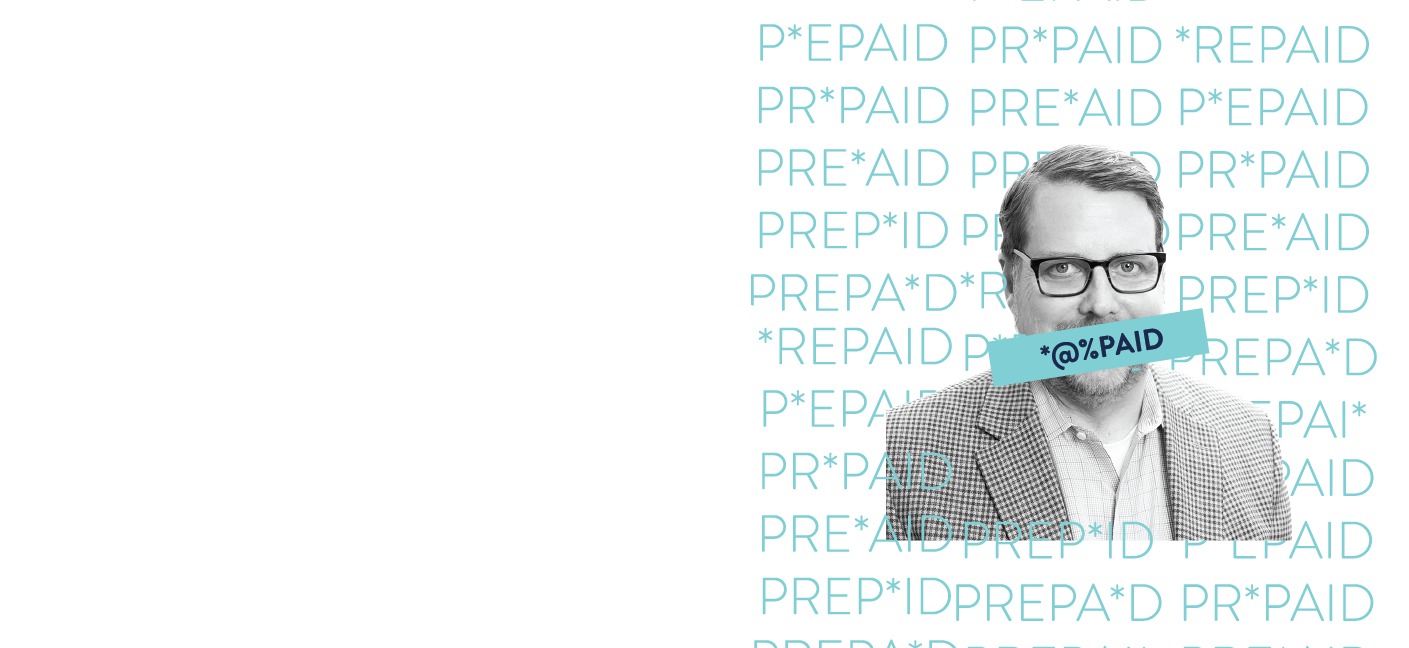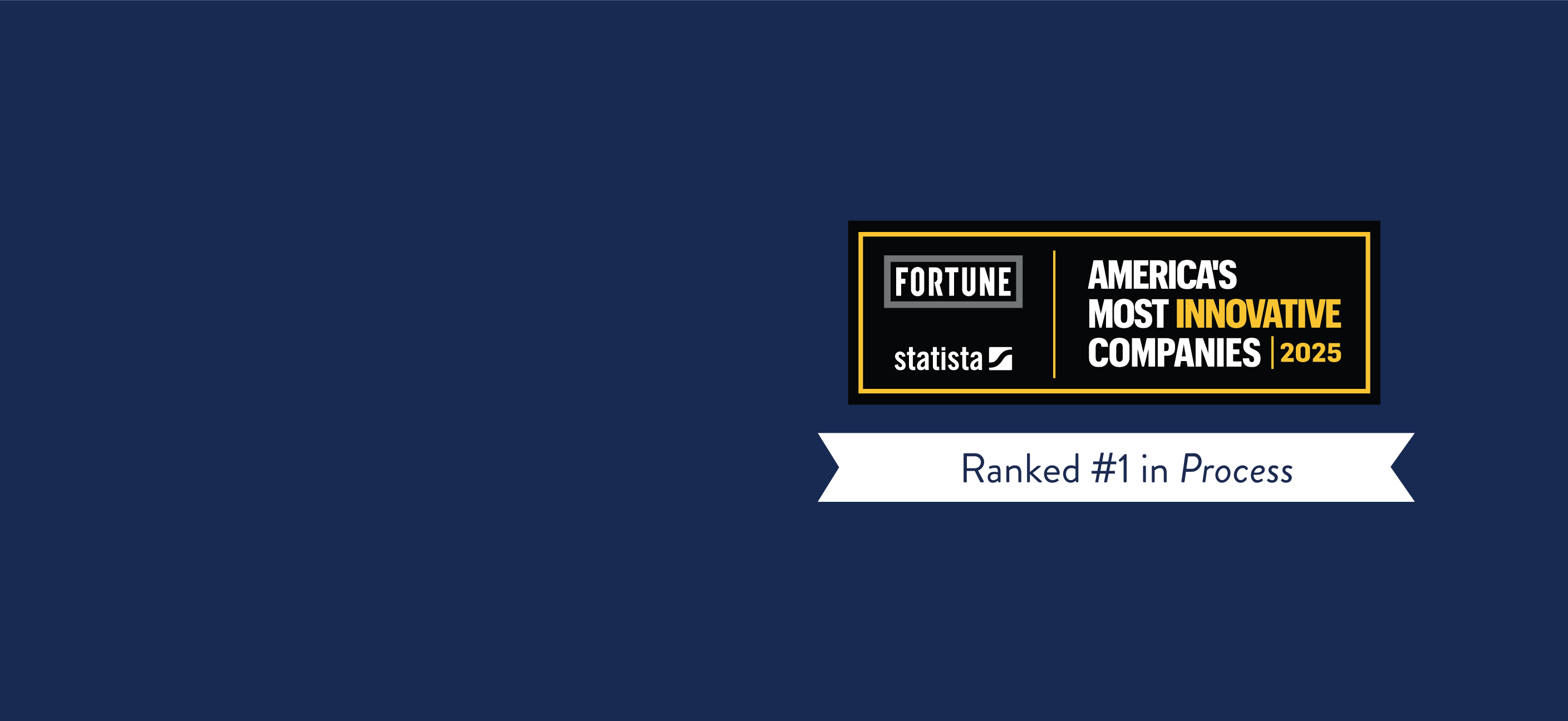In today’s financial landscape, ensuring payments are compliant and secure isn’t just good practice—it’s often a regulatory necessity. Although no one can ever 100% eliminate bad actors, there are some pertinent steps you can take to prevent the risk of fraud and security issues when choosing a payments solution provider. Given fraudsters are more sophisticated than ever, it is especially important to ask the right payments security questions and arm yourself with knowledge.
It is crucial to partner with a payments solution provider who prioritizes compliance and fraud mitigation. By asking them the right questions, you can significantly enhance security.
Question 1: Do you have a BSA/AML compliance program?
A BSA/AML (Bank Secrecy Act/Anti-Money Laundering) compliance program is a set of policies, procedures, and controls designed to prevent financial institutions from being used to facilitate money laundering or terrorist financing activities. Any savvy [and compliant!] FinTech or payments organization you plan to work with should have a compliance program that follows appropriate regulatory guidelines including the following four pillars.
Pillar 1. Development of internal policies, procedures, and controls
Pillar 2. Designating a compliance officer
Pillar 3. Thorough and ongoing training
Pillar 4. Regular auditing and monitoring
Additional Payments Security Questions to Ask About the 4 Pillars of a Compliance Program
Below, you will find some additional questions to ask a payments provider, related to BSA/AML compliance, to equip your organization with confidence when it comes to payments security. As a best practice, below each question you will find some information to look for in an answer. Doing your own additional research when it comes to these procedures is also advised.
Development of internal policies, procedures, and controls
Q1: Do you have a standard operating procedure?
A1: Yes. Checking on the internal policies, procedures, and related controls can help determine if your future payments provider will provide you optimum payments security. This includes procedures such as BSA/AML Policy, risk-based customer due diligence procedures, and adherence to regulatory changes.
Designating a compliance officer
Q2: Do you have a designated compliance officer?
A2: Yes. There should be a designated compliance officer (and compliance team) within payments organizations to assure payments security and compliance.
Thorough and ongoing training
Q3: Do you have a thorough and ongoing compliance training program?
A3: Yes. Payments providers should have regular compliance training – mandatory for all employees. This helps reduce risk and teaches employees about the laws and regulations that apply to their jobs.
Regular auditing and monitoring
Q4: Do you have an independent, third-party review?
A4: Yes. This should happen at least once per year. Keep in mind, a thorough compliance program within a payments organization requires an independent, third-party review at least one time per year.
Question 2: Who do you have on your compliance team?
Asking your payments provider to provide information on their compliance team may seem unnecessary, but knowing the compliance team backing your payments is filled with knowledgeable, industry experts is very important.
For instance, at Dash Solutions, we have a legal and compliance team who works closely and diligently with our fraud team. Members include a Chief Legal & Compliance Officer, a Corporate Counsel, Sr. Compliance Analysts, a Finance Settlement Manager, Information Security leaders, an Operations Director, and more. Additionally, the entire Dash Solutions organization is regularly going through compliance trainings.
Question 3: Do compliance responsibilities extend beyond the compliance team.
Yes. When it comes to asking a payments provider or bank partner about compliance and security responsibilities extending beyond the compliance team, the ENTIRE company should be responsible and trained. “Everyone should be on the fraud team.” This means there should be regular and mandatory compliance trainings in place for all employees of an organization in order to provide you with the best payments security.
Question 4: Do you go through regular audits? If yes, please tell us about them.
As a best practice to ensure payments security with your payments provider, independent audits should happen at least once per year. In addition to independent audits, a sponsor bank should audit frequently enough to ensure the bank has oversight of the FinTech provider you are working with. Overall, banks should be very involved with your payments program manager to ensure your comfort and trust.
Payments security is not just about following rules (though important!); it is about fostering trust and ensuring the integrity of your payments provider. By implementing a comprehensive compliance program that includes robust internal controls, a knowledgeable compliance team, and regular audits, FinTech organizations demonstrate the commitment to meeting regulatory requirements and safeguarding your organization against financial risks. Before you decide to work with a payments provider, don’t forget to ask the questions outlined here along with any additional questions you may have.
Remember, compliance isn’t just a checkbox—it’s a foundation of responsible financial management and payments security for your entire organization and any payments organizations you are working with.
The information provided in this blog does not, and is not intended to, constitute legal advice; instead, all content provided is for general informational purposes only.
Learn more about secure payment solutions and how Dash Solutions can help with your organization’s payments needs.



